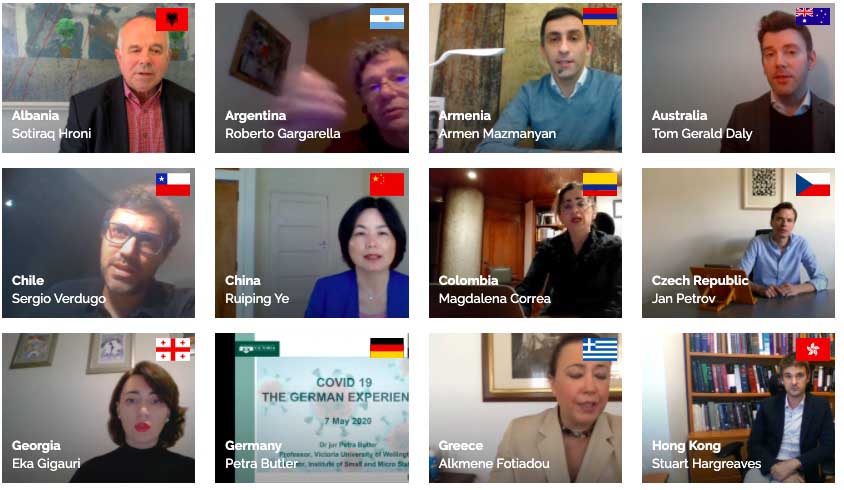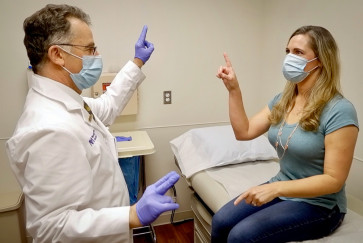Northwestern University professor Galya Ben-Arieh led a project examining global responses to the COVID-19 pandemic. The team found that governments in various countries often bypassed privacy issues and health care provisions.
The global overview included insights from scholars based in several dozen countries. They assessed their country’s main legal, constitutional and political responses and how those plans worked in practice.
“One troubling trend is that, in response to COVID-19, even in those cases where health emergencies are provided for in the constitution, the executive branch has bypassed constitutional provisions,” said Ben-Arieh, political science professor in Northwestern’s Weinberg College of Arts and Sciences. “We also found that privacy concerns were not as valued in times of emergency.”
This project is the result of a partnership among the New Zealand Centre for Public Law at Te Herenga Waka—Victoria University of Wellington, the Weinberg College Center for International and Area Studies at Northwestern University and International IDEA.
The project aims to share information about the constitutional responses to COVID-19 by governments around the world and to learn how frameworks for emergency responses function in a global pandemic.
“The interface between government and public is being radically changed at local, national, global levels,” said Northwestern’s Ian Hurd, professor of political science and director of the Weinberg College Center for International and Area Studies.
“Ben-Arieh is gathering real-time, on-the-ground stories that will help us make sense of the unprecedented legal and political rewiring we are living through,” he said.
“With the rise of populism in constitutional democracies around the world, it’s important to have real-time information, from in-country scholars, about how leaders are using this public health emergency to their favor and whether some systems are better designed to protect against it,” said Ben-Arieh.


